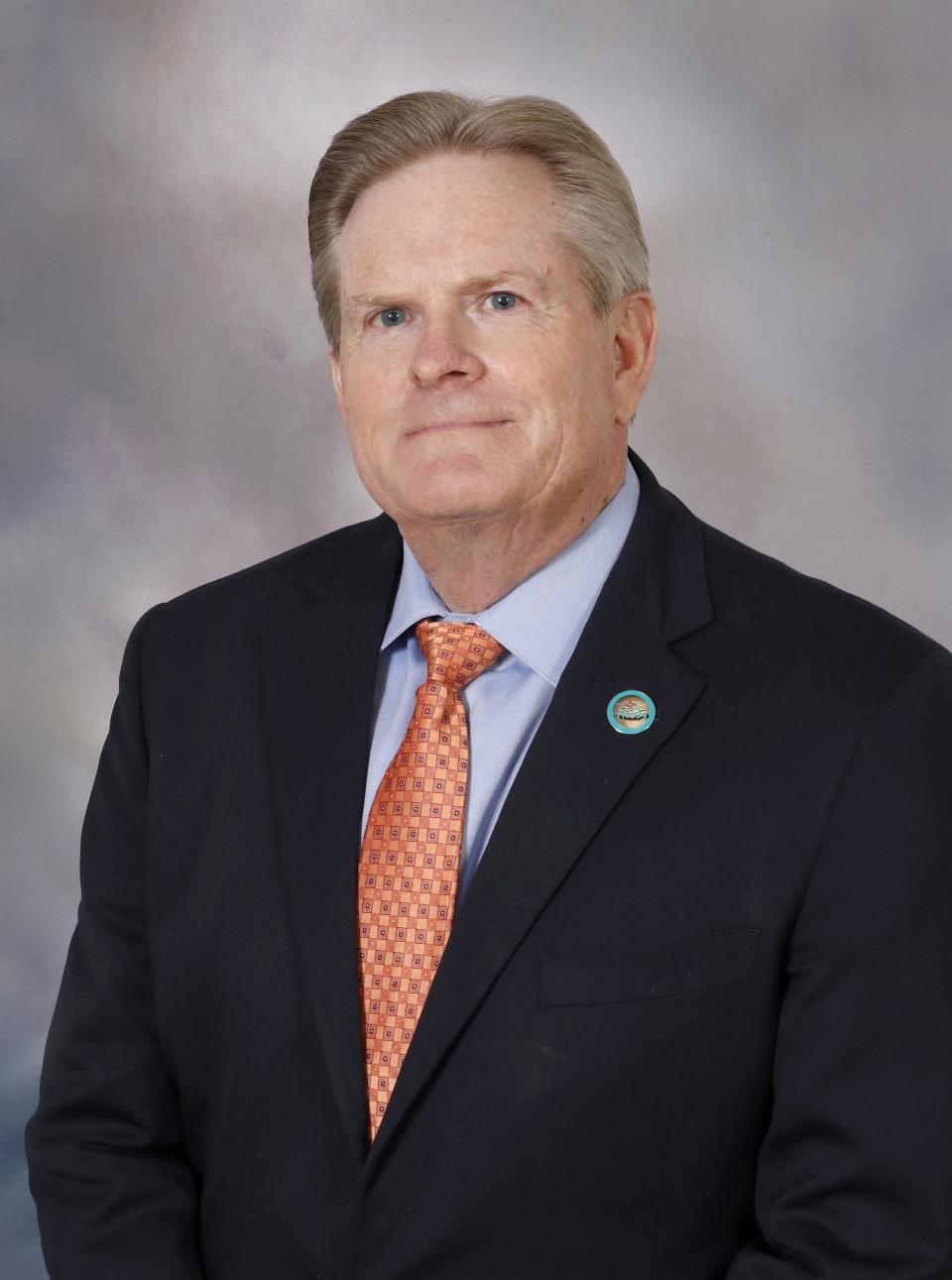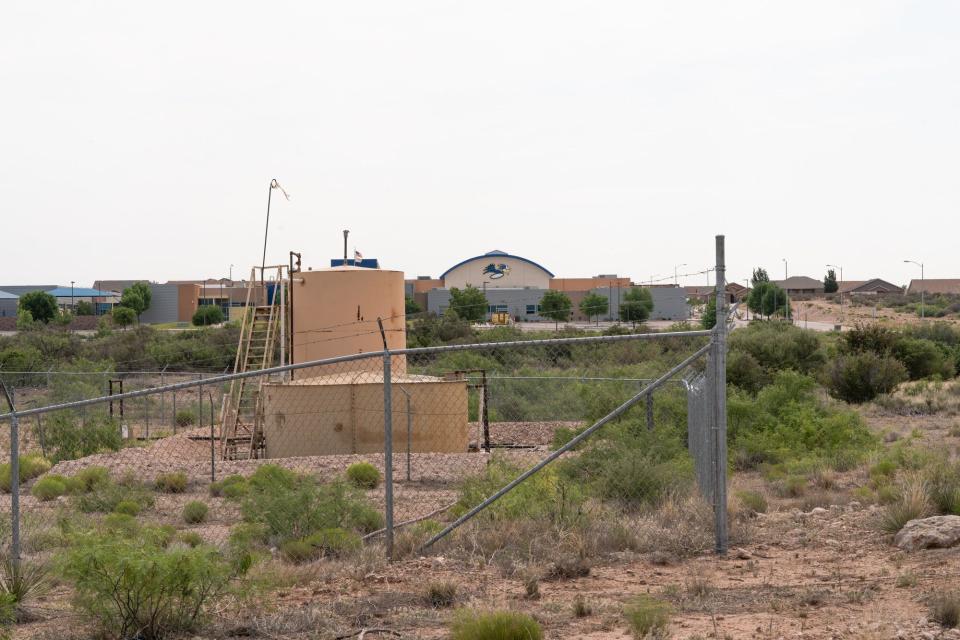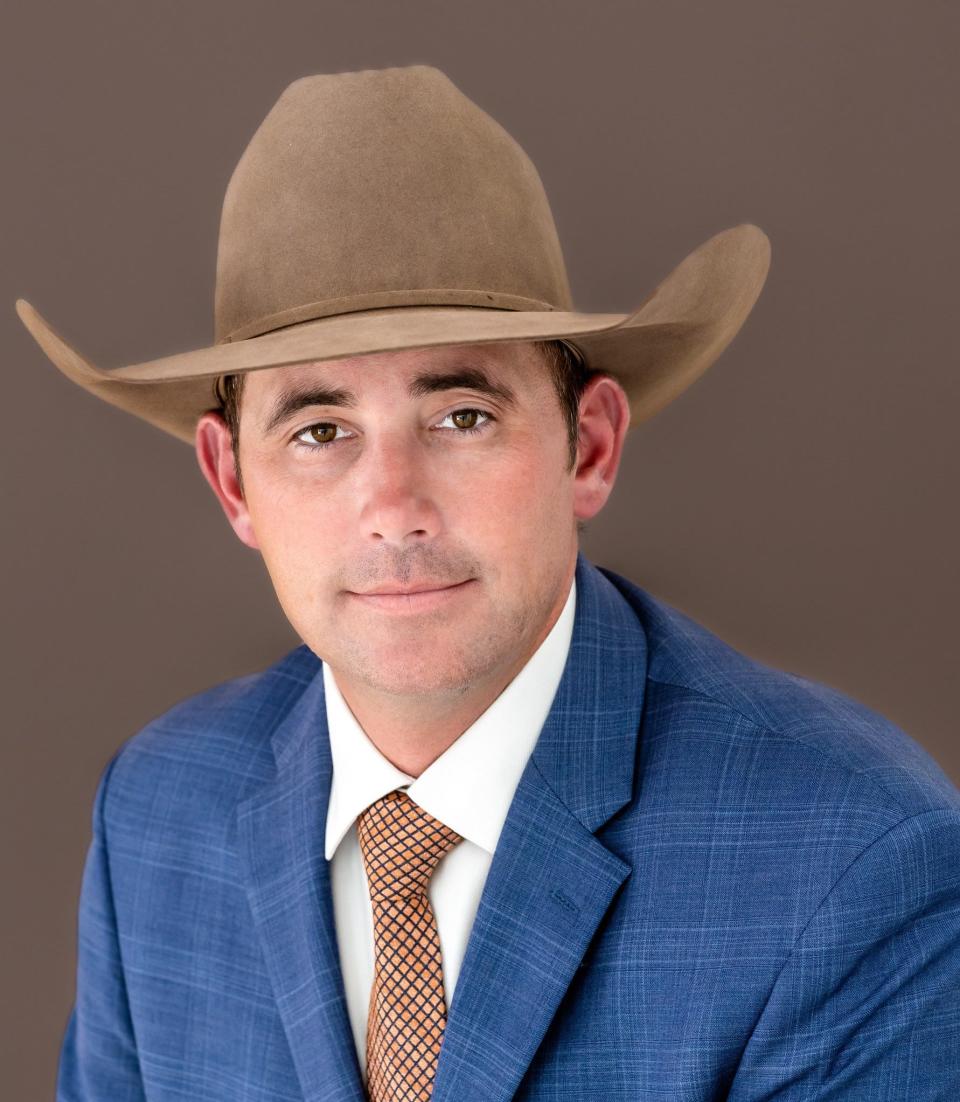Carlsbad, Hobbs leaders worry about funding city services amid change in state tax law
City officials in Carlsbad and Hobbs expressed concern of enduring consequences from New Mexico tax code changes as both communities deal with losses of state tax money.
Hobbs Mayor Sam Cobb said cities, towns and villages across New Mexico rely on gross receipts taxes (GRTs) from the state to pay for municipal services.
More: Southeast New Mexico legislators prepare proposed fix for lost tax revenue for Carlsbad
For nearly three years Carlsbad and Hobbs have dealt with the loss of gross receipt tax revenue as New Mexico modified the state tax code in 2019 with House Bill (HB) 6, which changed tax collections to benefit the community where a service takes place and not where the business is located. Gov. Michelle Lujan Grisham signed HB 6 on April 4, 2019, and the measure was enacted in 2021.
Cobb said gross receipt taxes are “pass-through” taxes.
“The state takes it, looks at where the business is domiciled and then remits (the money) back to the municipality,” he said.

More: Lea and Eddy counties continue leading in contribution to state revenue, study says
Cobb and Interim City of Carlsbad Administrator Wendy Austin are concerned what the future holds for both communities with the loss of tax revenue.
“While certain industries such as mining and oil and gas are down, other industry's (GRTs) have increased. It will take years of analysis to fully understand the impacts on destination sourcing (HB 6),” she said.
Cobb estimates the City of Hobbs lost $6 to $12 million in GRTs in 2022 and 2023.
He said the City of Hobbs had paid cash for certain community and quality of life services, so that the city would not incur any debt.
“With the volatility of the oil and gas industries we like to have very low debt and long term (stability),” he said.

Cobb speculated that if revenue losses in Hobbs continued, the current population and business growth could result in rising costs for municipal services.
“Without a large portion of our business community not remitting any taxes. It’s eventually going to have a negative impact on our community to do these types of things without taking on any kind of debt,” he said.
GRTs fixing fall short in Legislature
For nearly two years state lawmakers from Eddy and Lea counties have tried to secure temporary funding for both Carlsbad and Hobbs since HB 6 was enacted.
Last year the governor vetoed Senate Bill (SB) 292 which would have provided $25 million to the City of Carlsbad in lost gross receipts tax (GRTs) revenues.
During the 2024 Legislative session, three bills were introduced in the Senate and House. Two bills would have provided temporary solutions for Carlsbad and Hobbs.
The other bill would have created a possible long term solution.
More: Hearty tax collections could lead to $100M surplus for Eddy County at end of fiscal year
State Sen. Steve McCutcheon II (R-42) introduced Senate Bill (SB) 100 “GRT Distribution to Hobbs” made it the farthest out of the three bills introduced.
The measure would have provided $25 million to the City of Hobbs and was introduced by McCutcheon on Jan. 22, according to the New Mexico Legislature website.
The New Mexico Senate Tax, Business and Transportation Committee granted a do pass recommendation Feb. 2.

HB 100 was stuck in the Senate Finance Committee when the session ended Feb. 15, noted the Legislature’s website.
Senate Bill (SB) 155 “Carlsbad Gross Receipts” was introduced Jan. 22 by McCutcheon and would have provided $25 million to the City of Carlsbad, read part of the legislation.
The measure did not make it out the Senate Tax, Business and Transportation Committee.
While McCutcheon was working on two bills in the senate, Republican house representatives Larry Scott (District 62), Randall Pettigrew (District 61) and Harlan Vincent (District 56) prefiled House Bill (HB) 54 “The Cities and Counties Fund,” according to the Legislature’s website.
The proposed legislation would have created a fund to hold 8% of all state GRTs that would have reverted to the cities and counties in New Mexico, noted part of the legislation.
Scott said HB 54 was based on a formula where a city receiving 70% of state GRTs would transfer to a municipality and 30% would go to the county where the municipality is located.
More: Bill fixing lost tax revenue in Carlsbad passes NM House waits for governor's signature
He said HB 54 would have cost around $330 million in fiscal year 2025 and the New Mexico House Taxation and Revenue Committee did not have the necessary funds to cover the costs from the extra revenue.
Scott and Cobb plan to collaborate with other legislators and the governor’s office between now and next year for passage of the all cities and counties fund.
“That bill had some elements to it, there was not enough sufficient time to be properly vetted,” Cobb said.
Mike Smith can be reached at 575-628-5546 or by email at MSmith@currentargus.com or @ArgusMichae on X, formerly known as Twitter.
This article originally appeared on Carlsbad Current-Argus: Carlsbad, Hobbs prepare for possible fallout as sales tax funds recede

